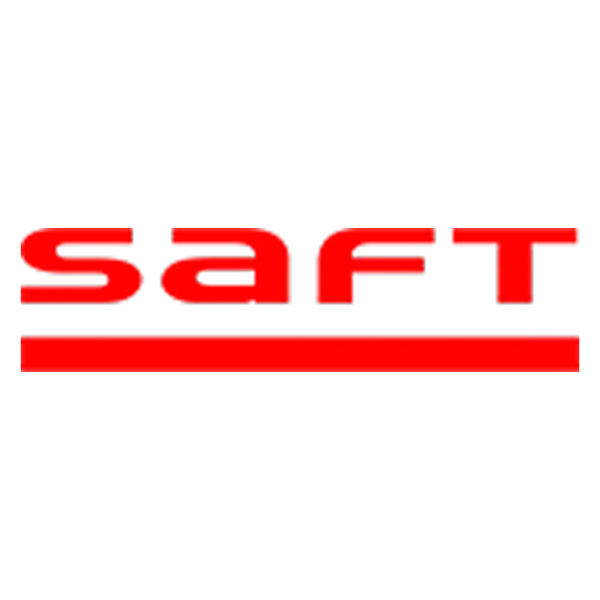For over 100 years, Saft’s longer-lasting batteries and systems have provided critical safety applications, back-up power and propulsion for our customers. As a leading battery company, Saft’s innovative, safe, and reliable technology delivers high performance on land, at sea, in the air, and in space.
Saft has been energizing the world for over 100 years
Saft is a global battery company like no other. Thanks to our historical expertise, combined with our unique industrial approach, we have a leading position to meet the demands of the most demanding customers. Our batteries and battery systems make a difference for all the market sectors they serve.
Established in 19 countries and supported by our 17 production sites, Saft has more than 4,300 employees across the planet.
Since 2016, Saft is a wholly-owned subsidiary of TotalEnergies, a global integrated energy company that produces and markets energies: oil and biofuels, natural gas and green gases, renewables and electricity.
Their 100,000 employees are committed to provide as many people as possible with energy that is more reliable, more affordable and more sustainable. Active in about 120 countries, TotalEnergies places sustainability at the heart of its strategy, its projects and its operation.a broad energy company that produces and markets energies on a global scale: oil and biofuels, natural gas and green gases, renewables and electricity.
Four areas of expertise at the heart of our activities
We are daily strengthening our competitiveness and continuing to grow our production, while ensuring the safety of our teams and our facilities. In order to meet the major challenges of the sector and the needs of our partners and stakeholders, Saft has organized itself into 4 business lines which generated 1,2 billion euros in revenue in 2023.
Aerospace, Defense, and Performance (ADP)
Main applications: backup power and emergency systems, engine and turbine starting for aviation, communication, scientific and observation satellites, satellite launchers, space vehicles, military aircraft, armored vehicles, Formula 1, Formula E, boats, ferries, cruise liners, luxury yachts, and cargo vessels.
Connected Smart Energy (CSE)
Main applications: smart metering, electronic toll collection (ETC), industrial Internet of Things (IoT), asset tracking, medical devices, portable military, oil drilling, security systems, environmental monitoring.
Energy Storage Systems (ESS)
Main applications: energy storage solutions for network services and renewable energies, micro-grids for commercial and industrial applications.
Industry, Mobility, and Infrastructure (IMI)
Main applications: emergency backup power, starting power and cycling in the oil and gas industry, power generation and distribution, backup power for the telecommunications industry, electrification of industrial vehicles, backup power for lighting, air-conditioning, on-board communications and critical safety applications for rail (subways, tramways, trains, …), railway signaling systems.
Battery technologies for multiple markets
Saft invests heavily in the three chemistries that dominate today’s battery market – nickel, primary lithium, and rechargeable lithium (lithium-ion).
Saft’s nickel-based batteries work in extreme temperatures and last longer than the competition’s, making them the preferred choice for backup power in industry and on board trains, as well as engine starting for aircraft. Saft’s nickel battery solutions provide reliable, proven and high-performance backup power that gives control over maintenance budgets. One example is aviation, where Saft takes great pride in being the battery supplier that provides lightweight nickel-cadmium (Ni-Cd) aircraft batteries for some 80 percent of all large commercial aircraft.
Saft’s primary lithium battery range provides both high-energy and high-power solutions. These batteries can last more than 20 years and are ideal for use in applications where replacement is difficult and expensive, such as gas, water, electric meters and Internet of Things devices such as environmental sensors.
Saft also makes the most powerful lithium-ion (Li-ion) cells and batteries, able to operate in unregulated outdoor conditions at extreme temperatures, hot or cold. They can function equally well as a battery for renewables, a marine battery, a satellite battery, a racing battery and much more.
High-energy li-ion batteries also play a growing role in renewable energy applications that need discharge times of more than two hours. Housed in an energy storage system (ESS), these utility-scale batteries enhance grid flexibility, reduce infrastructure investment, and optimize power flows.
Looking ahead, Saft is a battery company that recognizes the demand for a step change in battery performance. To achieve this, we are investing in our Research & Development to develop the first generation of industrial solid-state batteries. These batteries will provide a combination of low cost, high energy density/low weight and long life that will take electric vehicle and energy storage applications to the next level.

